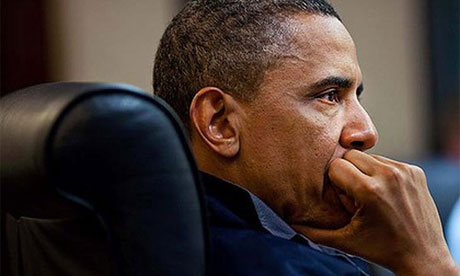Despite a disturbingly inept public-relations aftermath, the American raid on Osama bin Laden’s compound was a great success.
Indeed, it was so successful that it should force us to reconsider the presumption that the war in Afghanistan was necessary in the first place.
The logic is simple: if bin Laden was killed during a secret mission in Pakistan – a country with which America is not at war – could he and his followers have been captured or killed via the same strategy, without entering into a fully-fledged war in Afghanistan?
In just war theory, the relevant criterion of jus ad bellum – the right to wage war – is the requirement that war always be a last resort. If war may be precluded by some less violent, less catastrophic option, then we are obliged to take that option. If military raids and strikes against al Qaeda targets alone in Afghanistan were a feasible option, they ought to have been preferred over a full-scale war with the Taliban.
Instead, a decision was made by President Bush to:
“pursue nations that provide aid or safe haven to terrorism. Every nation, in every region, now has a decision to make. Either you are with us, or you are with the terrorists. From this day forward, any nation that continues to harbor or support terrorism will be regarded by the United States as a hostile regime.”
Bush’s attitude is understandable, but it constituted a departure from the just war criterion of “last resort”.
Continue reading more of the Just War theory, Bin Laden and Afghanistan
Image source: 3AW
